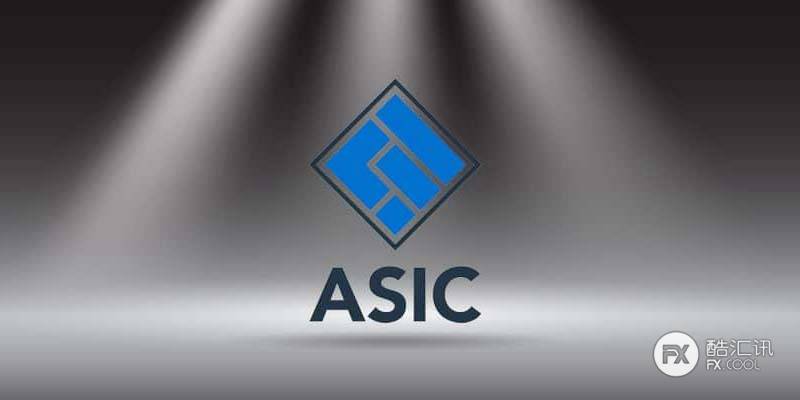Va Loan Credit Requirements Explained: Navigating the Path to Homeownership
Guide or Summary:Veterans and VA Loans: A Perfect FitUnderstanding the VA Loan Credit RequirementsNavigating the VA Loan ProcessEmbarking on the journey to……
Guide or Summary:
- Veterans and VA Loans: A Perfect Fit
- Understanding the VA Loan Credit Requirements
- Navigating the VA Loan Process
Embarking on the journey to homeownership is often a dream that many aspire to achieve, especially for those who have served our country. The Veteran Affairs (VA) Loan, a cornerstone of the American Dream for countless veterans, offers a lifeline to those seeking to purchase a home with favorable terms and generous credit requirements. However, understanding the intricacies of VA loan credit requirements can sometimes be a daunting task. This comprehensive guide delves into the essential aspects of the VA loan credit requirements, demystifying the process and empowering veterans with the knowledge needed to navigate the path to homeownership successfully.
Veterans and VA Loans: A Perfect Fit
The VA loan is a unique financing option designed specifically for veterans, active-duty military personnel, and their families. Unlike conventional mortgages, which often require a substantial credit score and a significant down payment, the VA loan offers more lenient credit requirements and no down payment option for eligible borrowers. This flexibility makes the VA loan an attractive choice for many veterans, as it can make homeownership a reality even for those with less-than-perfect credit histories.
Understanding the VA Loan Credit Requirements
While the VA loan is renowned for its generous credit requirements, understanding these requirements is crucial for any veteran looking to secure a mortgage. The VA loan credit requirements are designed to ensure that borrowers are responsible and capable of managing their finances. Here are the key aspects of the VA loan credit requirements:
1. **Credit Score**: While there is no strict minimum credit score required for a VA loan, lenders typically prefer borrowers with a credit score of 620 or higher. However, it’s important to note that a lower credit score does not automatically disqualify a borrower; it may simply limit the options available.

2. **Debt-to-Income Ratio**: The debt-to-income (DTI) ratio is a critical factor in determining a borrower’s ability to manage their finances. Generally, VA lenders prefer DTI ratios of 43% or lower, although this can vary depending on the lender and the borrower’s individual circumstances.
3. **Credit History**: VA loan credit requirements also consider the length and stability of a borrower’s credit history. While a shorter credit history is not necessarily a deal-breaker, it can impact a borrower’s ability to secure the best loan terms. Lenders typically look for a consistent payment history and a track record of managing debt responsibly.
4. **Employment Stability**: Stable employment is another essential factor in the VA loan credit requirements. Borrowers who are currently employed or have a stable source of income are more likely to meet the credit requirements. Lenders may also consider the length of employment and the stability of the job.
5. **Other Financial Obligations**: Beyond credit scores and debt ratios, VA loan credit requirements also consider other financial obligations, such as child support, alimony, and other debt payments. Borrowers must ensure that they can comfortably manage these obligations in addition to their mortgage payments.

Navigating the VA Loan Process
The VA loan process is designed to be as straightforward and accessible as possible for veterans. Here are the key steps involved in securing a VA loan:
1. **Pre-approval**: Before beginning the homebuying process, it’s advisable for borrowers to obtain pre-approval from a VA-approved lender. Pre-approval not only demonstrates a borrower’s readiness to purchase a home but also provides a clear understanding of the loan terms and conditions.
2. **Finding a Home**: With pre-approval in hand, borrowers can begin their home search. It’s important to work with a VA-approved lender throughout the process to ensure that any offers or negotiations are in line with the loan terms.
3. **Home Appraisal and Inspection**: Once an offer has been accepted, the home will undergo an appraisal and inspection to ensure that it meets the lender’s standards. These steps are crucial for protecting the lender’s investment and ensuring that the borrower is purchasing a home that is worth the loan amount.

4. **Final Approval and Closing**: With all necessary paperwork and inspections completed, the borrower will receive final approval from the lender. At this stage, the borrower will need to secure a home insurance policy, pay any closing costs, and prepare for the final closing of the loan.
In conclusion, the VA loan credit requirements offer a beacon of hope for veterans seeking to purchase a home. By understanding the essential aspects of these requirements, veterans can navigate the path to homeownership with confidence. Whether you’re a seasoned homebuyer or a first-time homeowner, the VA loan can be a transformative step in achieving the American Dream of homeownership.